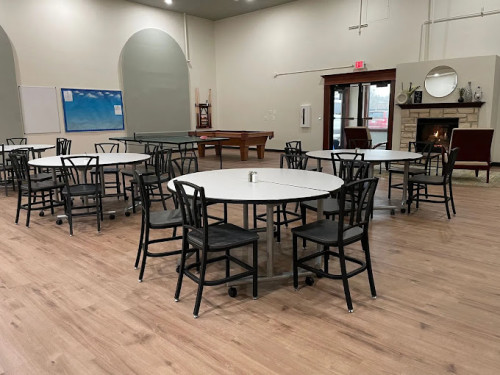
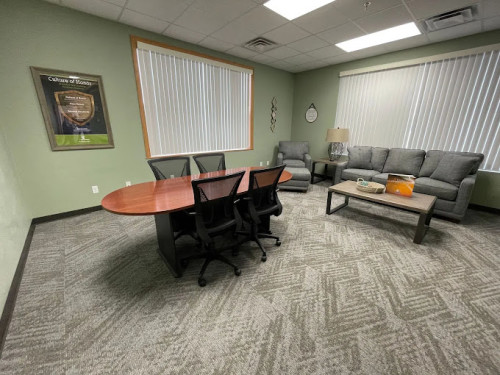
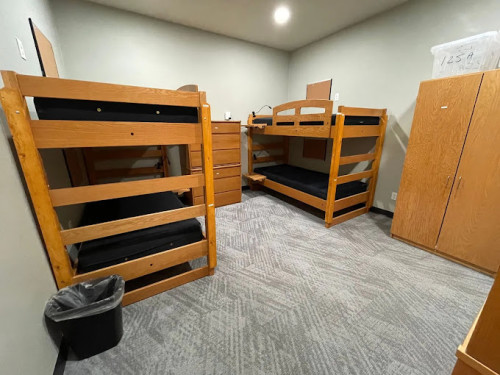



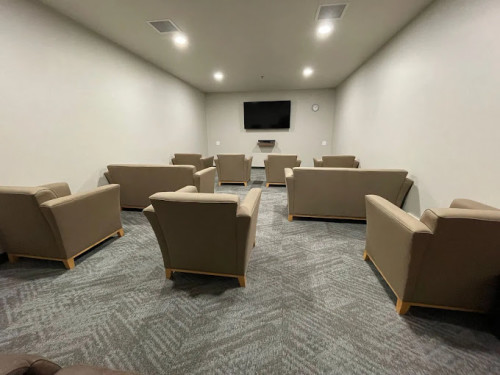
Northeast Wisconsin Adult and Teen Challenge
Treatment Focus
This center primarily treats substance use disorders, helping you stabilize, create relapse-prevention plans, and connect to compassionate support.
Primary Level of Care
Offering intensive care with 24/7 monitoring, residential treatment is typically 30 days and can cover multiple levels of care. Length can range from 14 to 90 days typically.
This provider hasn't verified their profile's information. Are you the owner of this center? Claim your listing to better manage your presence on Recovery.com.
Treatment Focus
This center primarily treats substance use disorders, helping you stabilize, create relapse-prevention plans, and connect to compassionate support.
Primary Level of Care
Offering intensive care with 24/7 monitoring, residential treatment is typically 30 days and can cover multiple levels of care. Length can range from 14 to 90 days typically.
Provider's Policy
Charitable donations primarily fund our program and provide a unique opportunity for residents to attend without the cost being a barrier. Remaining costs are private pay.
Northeast Wisconsin Adult and Teen Challenge
Northeast Wisconsin Adult and Teen Challenge
About Northeast Wisconsin Adult and Teen Challenge
Located just west of Green Bay a mile and a half from Ken Euers Nature Area, Adult and Teen Challenge Northeast Wisconsin offers men in Northeast Wisconsin Christian-based substance use treatment along with personal and spiritual growth opportunities. The 12-month program combines a 4-level curriculum, community service, pastoral counseling, relapse prevention strategies, goal formulation, and aftercare.
Treatment Methods
Curriculum includes the following 4 levels: Accept, Heal, Discover, and Practice. During the acceptance classes, participants learn to recognize unhealthy thoughts, beliefs, and behaviors that may be contributing to substance use and to rely on God’s love. During the healing phase, clients apply what they have learned in the acceptance phase to address unhealthy patterns and take an active role in healthier decision making, thought patterns, and relationships. The discovery level helps participants to replace unhealthy thoughts and behaviors with healthier ones based on God’s design. Finally, clients practice what they have learned by creating personal goals and plans for when they leave the men’s program. During this phase, men look for career and education opportunities to help set them up for success.
Family visits are encouraged, with designated visiting hours available. Weekly community service helps men gain additional life skills and aids in character development. Participants also engage in individual pastor counseling along with other spiritual activities as part of their spiritual and personal growth. Participants can use exercise equipment to promote physical as well as spiritual health. Graduates are encouraged to participate in aftercare, which involves connection with a local church and a recovery group as well as meetings with the aftercare team.
Special Considerations and Cost
As part of focusing on recovery and spiritual growth, personal electronic devices and smoking are not allowed, but participants will have access to a phone to use during designated hours. Personal vehicles are not allowed, so clients must arrange for transportation to the facility. Interstates 43 and 41 are both within a mile, making family visits and drop off convenient. Because Teen and Adult Challenge is primarily funded by donations, the cost to participate is low compared to many other residential treatment facilities. Please call Teen and Adult Challenge North East Wisconsin for specific rates.

Center Overview
Treatment Focus
This center primarily treats substance use disorders, helping you stabilize, create relapse-prevention plans, and connect to compassionate support.

Insurance Accepted
Pricing and Program Length
Estimated Center Costs
The cost listed here (Call for Rates), is an estimate of program cost. Center price can vary based on program and length of stay. Contact the center for more information. Recovery.com strives for price transparency so you can make an informed decision.
Meet Your Care Team
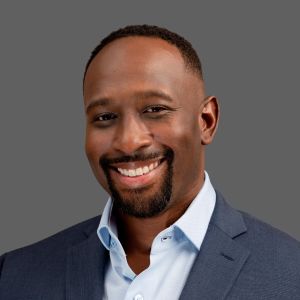
Vaushawn Johnson
Executive Director
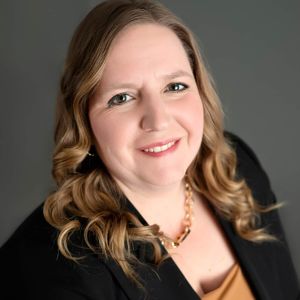
Jill Greenwood
Executive Assistant

Ryan Shockley
Program Director
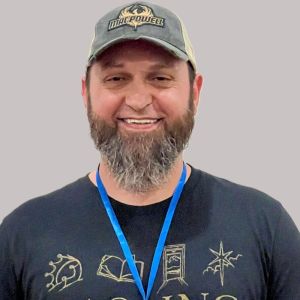
Gregg Bennett
Direct Care Staff
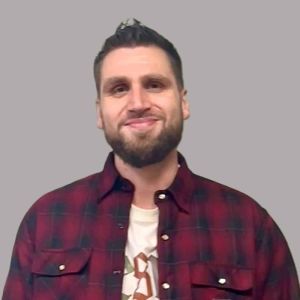
Jordan Schlecher
Spiritual Care
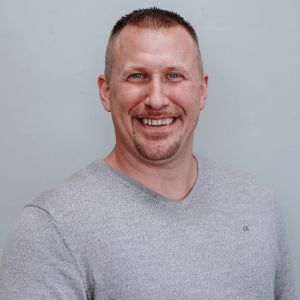
Steven Roatch
Direct Care Charge Staff
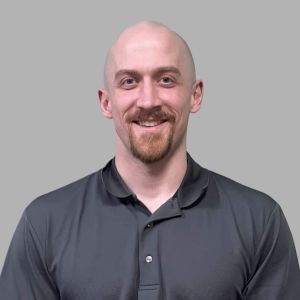
Jake Jaeger
Direct Care Staff
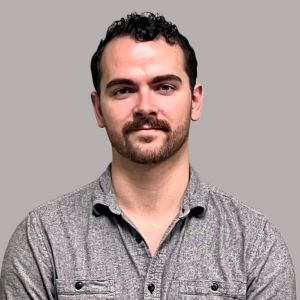
Nick Hannah
Direct Care Staff
Levels of Care





Your Care Options
Specializations
Alcohol
Using alcohol as a coping mechanism, or drinking excessively throughout the week, signals an alcohol use disorder.
Drug Addiction
Drug addiction is the excessive and repetitive use of substances, despite harmful consequences to a person's life, health, and relationships.
Christian
Through surrender and commitment to Christ, patients refocus the efforts and source of their recovery with clinical and spiritual care.
Who We Treat
Approaches
Spiritual Emphasis
Spirituality connects patients to a higher power and helps strengthen their recovery, hope, and compliance with other treatment modalities.
Family Involvement
Providers involve family in the treatment of their loved one through family therapy, visits, or both–because addiction is a family disease.
Holistic
A non-medicinal, wellness-focused approach that aims to align the mind, body, and spirit for deep and lasting healing.
Individual Treatment
Individual care meets the needs of each patient, using personalized treatment to provide them the most relevant care and greatest chance of success.
Christian
Through surrender and commitment to Christ, patients refocus the efforts and source of their recovery with clinical and spiritual care.
Gender-Specific
Separate treatment for men or women can create strong peer connections and remove barriers related to trauma, shame, and gender-specific nuances.
Therapies
1-on-1 Counseling
Patient and therapist meet 1-on-1 to work through difficult emotions and behavioral challenges in a personal, private setting.
Life Skills
Teaching life skills like cooking, cleaning, clear communication, and even basic math provides a strong foundation for continued recovery.
Relapse Prevention Counseling
Relapse prevention counselors teach patients to recognize the signs of relapse and reduce their risk.
Spiritual Care
Tending to spiritual health helps treatment become more effective, allowing patients to better cope with their emotions and rebuild their spiritual wellbeing.
Substances We Treat
Alcohol
Using alcohol as a coping mechanism, or drinking excessively throughout the week, signals an alcohol use disorder.
Benzodiazepines
Benzodiazepines are prescribed to treat anxiety and sleep issues. They are highly habit forming, and their abuse can cause mood changes and poor judgement.
Cocaine
Cocaine is a stimulant with euphoric effects. Agitation, muscle ticks, psychosis, and heart issues are common symptoms of cocaine abuse.
Drug Addiction
Drug addiction is the excessive and repetitive use of substances, despite harmful consequences to a person's life, health, and relationships.
Heroin
Heroin is a highly addictive and illegal opioid. It can cause insomnia, collapsed veins, heart issues, and additional mental health issues.
Psychedelics
Hallucinogenic drugs—like LSD—cause euphoria and increased sensory experiences. When abused, they can lead to depression and psychosis.
Methamphetamine
Methamphetamine, or meth, increases energy, agitation, and paranoia. Long-term use can result in severe physical and mental health issues.
Opioids
Opioids produce pain-relief and euphoria, which can lead to addiction. This class of drugs includes prescribed medication and the illegal drug heroin.
Languages
Aftercare
Care Designed for Your Needs
Personal Amenities
Amenities
Special Considerations






